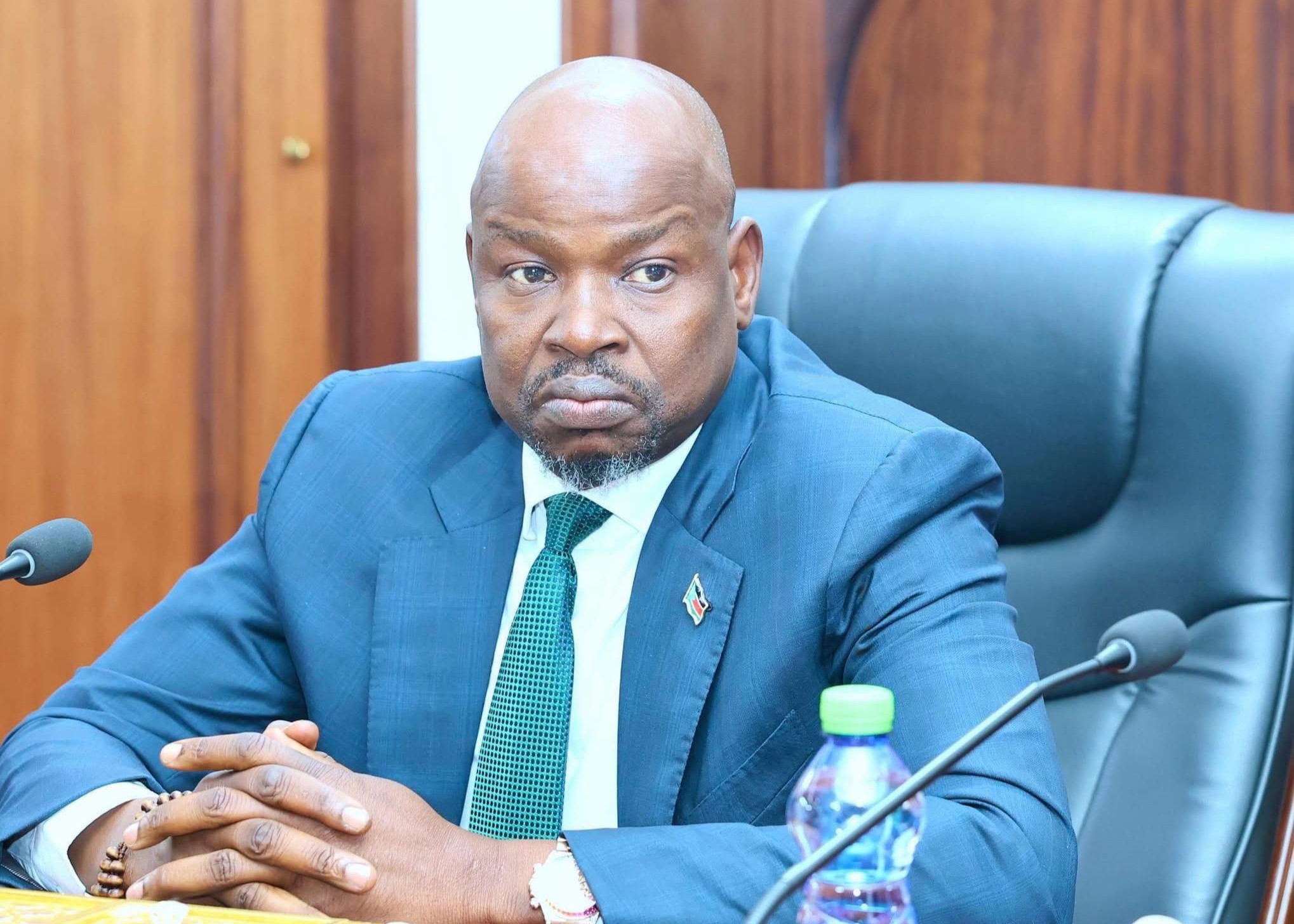South Sudan warned of economic risks of Bol Mels promotion


The group stated that the renewal of the sanctions was untimely, given the country’s fragile state of economic and political affairs.
The sanctions were validated after the appointment of Mel as the Vice President and Chairman of the Economic Cluster amid warnings from the international community against the promotion of sanctioned individuals.
Undeterred, Kiir promoted Mel again, this time as the First Deputy Chairman of the Sudan People’s Liberation Movement (SPLM), a position regarded as a launching pad to the presidency. The elevation sparked criticism from the civil society.
Dr. Remember Miamingi, the Spokesperson & Legal Advisor of the human rights organisation, Reclaim Campaign, warned that the elevation of Mel, a figure sanctioned for alleged corruption, is “a brazen step toward state capture.” He added that: “This is not just a reshuffle; it’s the formalisation of a criminal enterprise with a seat at the UN.”
Miamingi, who also works as a long-term expert on human rights at the African Commission on Human and Peoples’ Rights, warned that the sanctions against Mel could negatively impact South Sudan’s ability to make international transactions if Juba continues to give leverage to the businessman-cum-politician.
“Bol [Mel] remains under U.S. Global Magnitsky sanctions for allegedly looting public funds through a web of companies, including ABMC Thai-SS, where he serves as chairman,” he said. “The U.S. Treasury’s Specially Designated Nationals (SDN) list marks him as a legal and financial pariah, making any dollar-based transactions involving him risky for secondary sanctions,” he added.
Miamingi pointed out that the appointments of Mel defy South Sudan’s Transitional Constitution, specifically Article 121(2), which prohibits public officials from engaging in private commercial ventures, and violates the Revitalised Agreement on the Resolution of the Conflict in South Sudan (R-ARCSS), which mandates transparency and accountability.
He argued that Mel’s rise also flouts international commitments under the UN Convention Against Corruption and the African Union Anti-Corruption Convention, both of which demand the exclusion of officials implicated in graft.
The implications of Mel’s appointment, Miamingi argued, are immediate and far-reaching. South Sudan, already on the Financial Action Task Force (FATF) grey list for failing to meet anti-money laundering and counter-terrorism financing benchmarks, now faces heightened scrutiny, Miamingi stated.
The FATF places jurisdictions on the grey list when they commit to addressing these issues within an agreed-upon timeframe under increased monitoring.
The grey list identifies countries with weaknesses in their AML/CFT/CPF frameworks, but are actively working with the FATF to resolve them. Unlike the blacklist, which includes countries like Iran and North Korea, grey-listed countries are cooperative but need to improve compliance.
Mr Miamingi also warned that international donors, including the IMF and World Bank, are now at risk of violating their own anti-corruption guidelines, which prohibit dealings with designated persons. “Every donor disbursement, every bank transfer, is now a legal and reputational liability.”
sudanspost.com